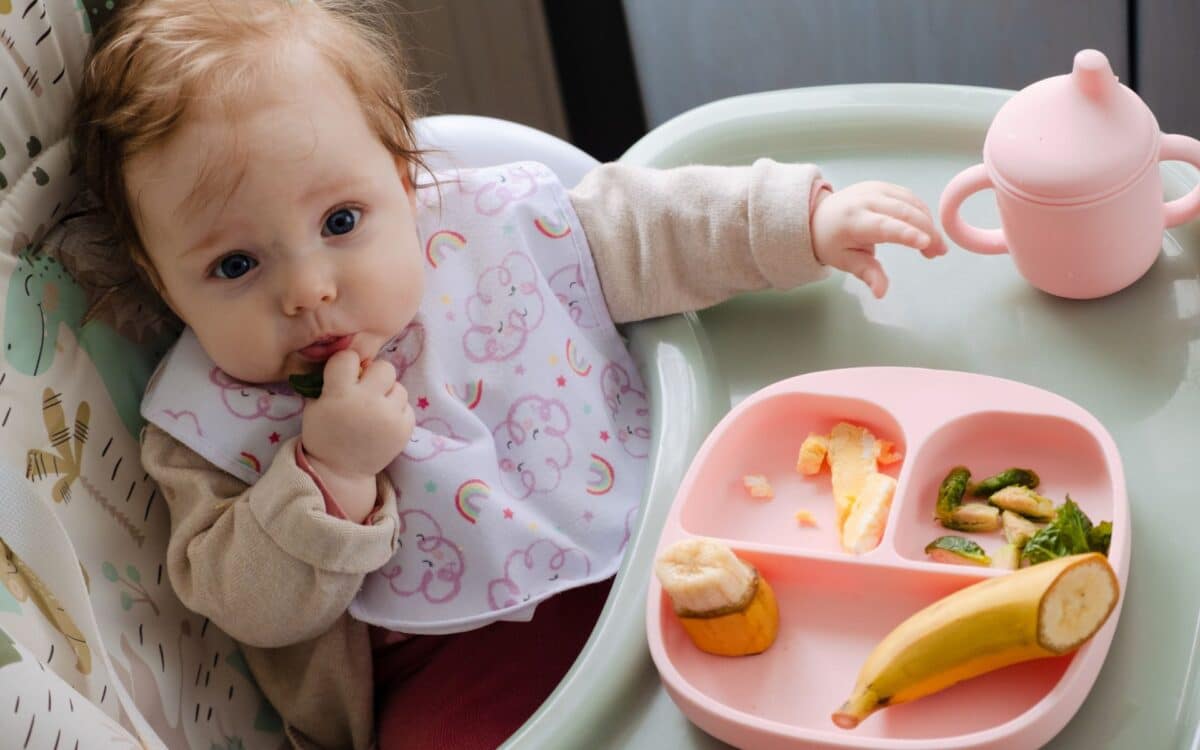A lesser-known initiative from the NHS is quietly offering targeted financial support to low-income families with young children across the UK.
The Healthy Start Scheme allows eligible households to receive up to £1,232.50 to help cover the cost of essential food items such as fruit, vegetables, milk, and infant formula during the earliest and most vulnerable stages of childhood.
This initiative is designed to ease the burden of rising food costs while promoting healthier diets. According to a recent article published by The Mirror, many parents remain unaware of this resource despite its potential impact on family nutrition.
How the Payment System Works
Eligible families receive weekly payments that vary based on pregnancy stage or the child’s age. The breakdown is as follows:
- £4.25 per week from the 10th week of pregnancy
- £8.50 per week for children aged 0 to 12 months
- £4.25 per week for children aged 1 to 4 years
Over time, this can amount to significant assistance. For example:
- £178.50 during pregnancy (42 weeks at £4.25)
- £442 in the child’s first year (52 weeks at £8.50)
- £663 from age one to four (156 weeks at £4.25)
Together, these total roughly £1,283.50, although the NHS officially cites £1,232.50, possibly due to rounding rules or cutoffs during eligibility periods.
Payments are issued on a Healthy Start card, a prepaid card that functions like a debit card and is accepted at outlets displaying the Mastercard logo. This includes supermarkets, corner shops, pharmacies, markets, butchers, and some petrol stations.
To apply, parents must be at least 10 weeks pregnant or have a child under four years old. In addition, they must be receiving Universal Credit or other qualifying income-related benefits. The application can be completed online through the official NHS Healthy Start website.
Financial Strain Facing Families With Young Children
A survey by UK baby brand Nuby, which polled 1,000 parents, reveals the financial burden faced by many households:
- 37% of parents cited buying healthy food as their biggest financial challenge
- 27% reported struggling to afford multiple daily meals for their children
These figures point to a broader issue of food insecurity among families with young children, reinforcing the potential value of the Healthy Start Scheme as a tool for public health and economic stability.
Guidance on Starting Solid Foods at Six Months
The NHS recommends introducing solid foods around six months of age. At this stage, babies’ digestive systems are mature enough, and their fine motor skills—such as grabbing and chewing—are developing.
Recommended first foods include:
vegetables
- Broccoli, carrots, butternut squash, parsnips, spinach, courgette, swede, kale, cabbage, green beans, avocado, cauliflower, asparagus, peppers
fruit
- Bananas, pears, apples, blueberries, papaya, kiwi, plums, peaches, strawberries, nectarines, mango, oranges, melon, raspberries, pineapple
starchy foods
- Sweet potato, potatoes, oats, oatmeal, porridge, baby rice, millet, quinoa, pasta, rice, bread, toast, chapatti, cornmeal, pitta bread, maize
protein foods
- Beans, pulses (like chickpeas and lentils), tofu, chicken, beef, turkey, lamb, pork, fish (fully deboned), and eggs (with the British Lion mark)
Once babies are six months old, they can also begin consuming pasteurised whole milk from cows, goats, or sheep, mixed with cereal or porridge.
Practical Tips to Ease the Weaning Process
Weaning can be challenging, so the NHS and parenting experts recommend a few practical tips to make the process smoother. Freezing purées in silicone moulds or ice cube trays helps save space and allows for easy portion control.
Preparing fruits and vegetables in batches can save both time and money, especially on busy days. Using a baby suction bowl can minimize mess by preventing accidental spills. Finally, patience is key—babies often need to try a new flavor or texture at least ten times before they begin to accept it.
Feeding experiences will vary day by day. It’s common for babies to show enthusiasm one day and refuse the same food the next. That’s why continued access to infant formula or breast milk remains essential during the transition period.









